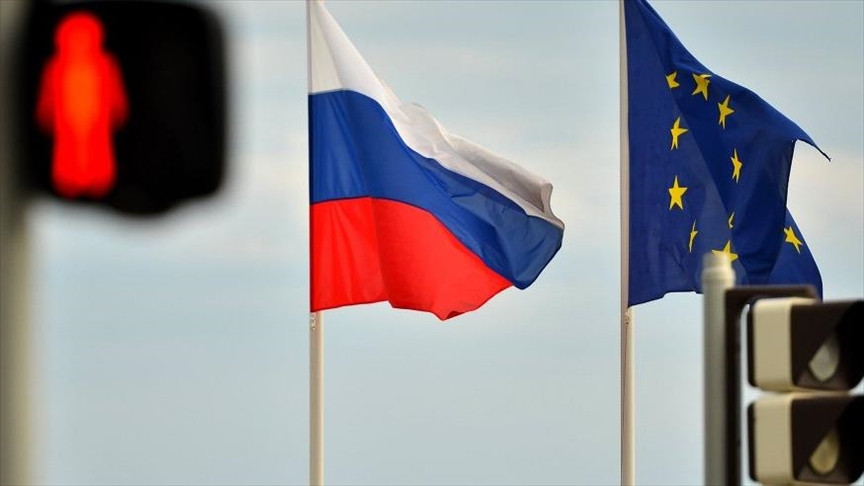European Union member countries could not agree on the ninth package of sanctions against Russia.
APA reports with reference to "Reuters" that EU diplomats, who did not want to be named, said about this.
According to them, discussions about the next package of sanctions continued until the evening of December 14.
Although the countries came close to an agreement in the negotiations, Poland and some other countries protested.
The new sanctions against Moscow were not passed because of a disagreement over whether to make it easier for Russian fertilizer exports to pass through European ports when the fertilizer companies are owned by sanctioned oligarchs.
Some countries argue that the EU restrictions threaten food security for developing countries, while others argue that they will allow Russian oligarchs who own fertilizer businesses to evade EU sanctions against them.
According to one EU diplomat, Poland and the Baltic states have told other countries that they are deluding themselves if they think that Russian fertilizer softening will not be abused as a loophole for oligarchs.
Some member states want the World Food Program to be involved in the process to allow exports to countries that need fertilizers.
